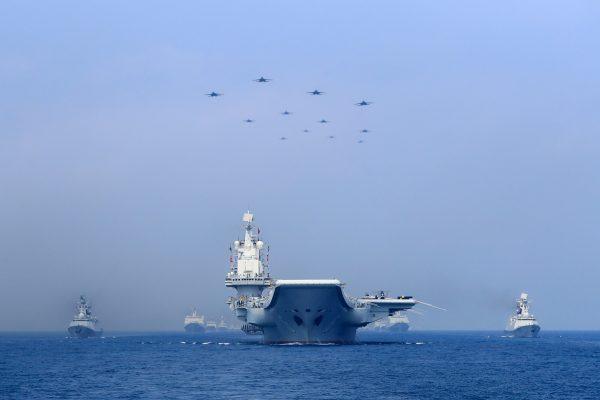The United States Secretary of State Antony Blinken, on his first official trip to Australia for the QUAD Security Dialogue, has said that China is seeking to institute a new world order characterised by illiberalism that will allow it to dominate the world.
“To my mind, there’s little doubt that China’s ambition over time is to be the leading military, economic, diplomatic and political power not just in the region but in the world,” the Secretary of State said. “What we’ve seen in recent years is China acting more repressively at home and more aggressively to the region.”

He stressed that he believes it is important for countries like Australia, the United States, and other like-minded nations to resist this behaviour and noted that these nations were championing a positive and liberal order.
He reiterated that point on the Australian Broadcasting Corporation’s (ABC) 7:30 report, saying that what allies are focused on is standing up for the norms, rules, and values that unite the world’s rules-based order.
“What we are doing is standing up for the norms, the rules, the standards, the values that ... unite us. So this is not about standing against anyone in particular; it is about standing up for a rules-based order, making sure that we uphold those rules and principles if they’re being challenged,” Blinken said.

“Because it’s exactly that that’s undergirded peace, security, and opportunity for people for decades. So when they’re being challenged, we have an obligation to stand up.”
“We appreciate not just your hospitality in bringing us together, but your leadership in advancing the Quad over these past months, and demonstrating that our four democracies coming together can produce constructive, concrete results for all of our people—indeed, beyond,” he said.
“People deserve to live freely. Countries deserve to have the freedom to work together and associate with whom they choose. And together, we can demonstrate that we are effective in bringing benefits to all of our people. That’s the spirit that we’re conducting this in, and we’re grateful for Australia’s leadership.”
Burgess said that the spy agency disrupted the plot and that he had briefed both Morrison and ALP Opposition Leader Anthony Albanese.
Albanese told the ABC on Feb. 11 he had spoken to Burgess that day and Burgess had “reaffirmed” that none of the potential Labor candidates who had been targeted by the Chinese Communist Party (CCP) were preselected by the party to run in the election.
Further, Albanese said Burgess “has not raised concerns about any of my candidates” in the federal election—which has not yet been called.
The ALP has a historic connection to the CCP, with Labor’s longest-serving leader Gough Whitlam being one of the first Western political leaders to meet with the communist regime’s Premier Zhou Enlai in China in 1971, just prior to the visit of U.S. national security adviser Henry Kissinger.




